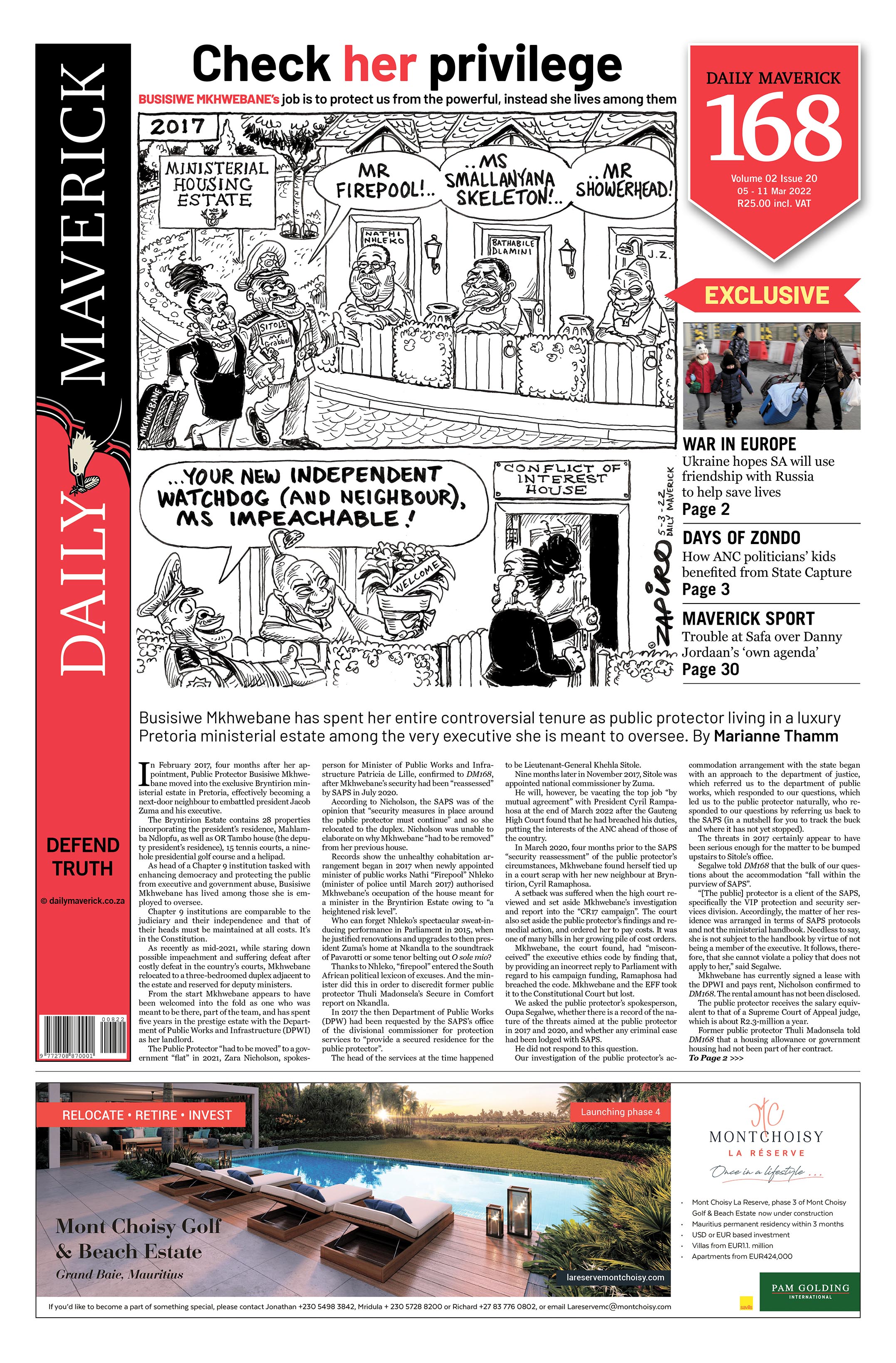Answer: Before you make any rash decisions, you must understand the reason for your investment. Was it to save for a short period in order to buy an asset or are you looking for growth over the medium or long term?
If it was for a short period, then you should not have exposed your investment to the equity market.
As you invested in an aggressive portfolio, you should evaluate your investment over a five-year period and not over one month.
After the massive growth in the equity market last year many of my clients’ portfolios had too high an exposure to equities. I systematically reduced this by moving some of their investments into bonds. As a result, the impact of the European war is less than it would have been had we done nothing.
So, in summary, with an investment you need to:
- Not make any hasty decisions about short-term performance.
- Regularly review it and ensure that its structure remains consistent with your strategy.
Remember that the market usually overreacts to bad news. I saw a study that showed that the market takes about 47 days to recover following major geopolitical events. Hopefully there should be an improvement in coming weeks.
Question: Over the past two months, we have had two interest rate hikes. I am considering fixing the interest rate on my home loan. Is this a good idea?
Answer: The correct solution depends on your personal circumstances. I will go through a couple of things you should consider.
Duration of the fixed interest rate
When you fix your bond rate, it is unlikely that you will be able to fix it for the full duration of the bond. It is usually for a fixed period of two years and can be up to five years.
Fixed interest rates are usually initially higher
The banks have economists that analyse interest rate movements. If they expect rates to increase in the future, they will factor this into the fixed rate you will be charged. You can expect to pay between about 1.5% and 3% more than you are currently paying.
You need to decide whether the fixed interest rate you are going to be charged over the next couple of years is likely to be higher or lower than the average variable rate you would have paid if you did not fix the rate.
Depending on the fixed rate you are offered, you need to make a call as to how much interest rates are likely to increase over the period you selected to fix your loan for. If the rate increase is low, you might be better off sticking with the variable rate. DM168
This story first appeared in our weekly Daily Maverick 168 newspaper which is available for R25 at Pick n Pay, Exclusive Books and airport bookstores. For your nearest stockist, please click here.

















 Become an Insider
Become an Insider
Comments - Please login in order to comment.